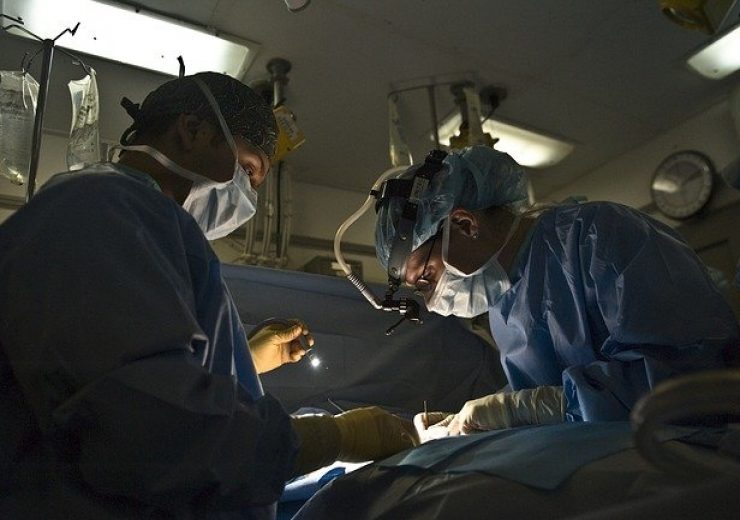RSIP Vision’s new module automatically tracks and identifies specific surgical steps during procedures and enhances robotic surgery systems

RSIP Vision unveils advanced surgical technology. (Credit: David Mark from Pixabay.)
RSIP Vision has developed a new surgical workflow analysis technology that identifies individual stages of a surgical procedure and labels them in real-time.
Real-time identification plays important role in planning, enhancing and educating others on future surgical procedures and post-op assessments, said the company.
The new technology is anticipated to serve as a building block for a broad range of AI-backed surgical assistance applications the company would develop in the future.
RSIP Vision CEO Ron Soferman said: “RSIP Vision’s new surgical workflow analysis tool elevates these surgeries by accurately and automatically labelling each step of the procedure, thereby opening up a variety of optimization use cases.
“For example, it enables better pre-procedural planning and training, where the surgeon can learn from similar procedures – and, post-procedure, he or she can go back through the data to review and analyse each step and more acutely assess procedural success.
“Ultimately, this tool provides an additional future-forward layer of quality control, data insight and analysis, and safety by intelligently tracking the surgical workflow.”
The medical imaging solutions provider said that step-by-step automatic recognition is a useful tool for robotic-assisted surgeries (RAS).
RAS procedures usually involve continuous recording, which results in generating a large volume of data that is highly inefficient.
To address the issue, the new active recognition tool leverages advanced AI algorithms, enabling surgeons to monitor, capture, review and stored each step of their procedure.
Also, when combined with other modules, RSIP Vision’s latest offering will support improved treatment planning, while continuously informing the operating staff of any changes.
Largo Medical Centre advanced endoscopy fellowship programme director Meir Mizrahi said: “To be able to recall and analyse previous surgeries when planning a new procedure has great value.
“It allows us to better prepare and assess potential weak spots, unique pathologies and provide an improved estimation of the surgery time. This will contribute both to the procedural outcome and to a more efficient daily management of the OR and resources.”
